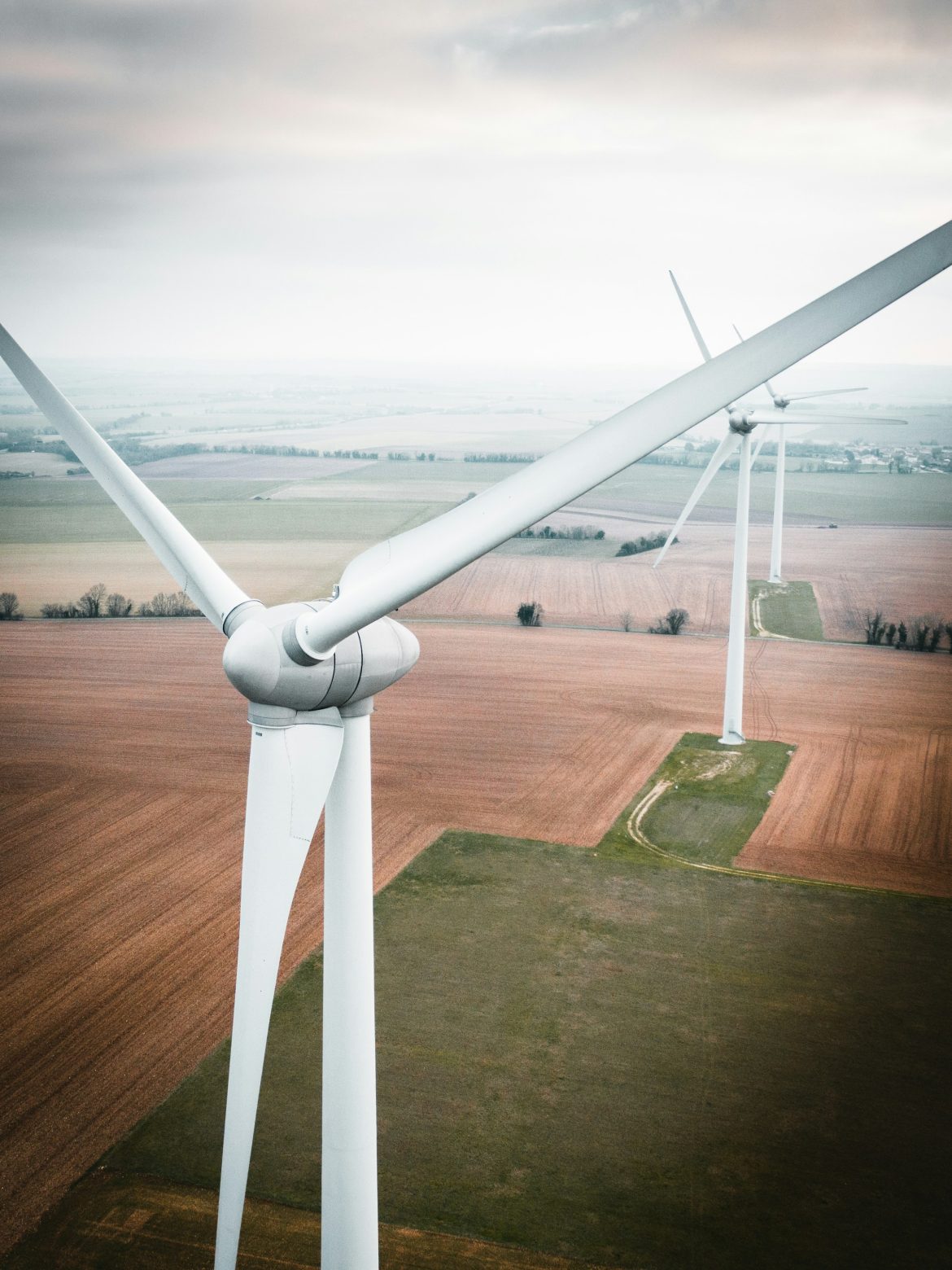The United Arab Emirates (UAE) is leading the way in Africa’s clean energy transition with a 10GW growth plan across six Sub-Saharan nations, announced by its renewable energy company Masdar at the 28th United Nations Climate Change Summit (COP28) in Dubai.
Masdar, which has been operating in Africa since 2006, has signed partnership agreements with governments and private entities in Angola, Kenya, Nigeria, Senegal, Uganda, and Zambia to develop solar, wind, and hydro projects that will support the continent’s green industrialization and climate resilience.
The plan is part of Masdar’s goal to deliver 100GW of clean energy around the world by 2030, as well as the UAE’s Etihad VII initiative, a global development fund that aims to provide clean electricity to 100 million people in Africa by 2035.
Africa has a huge potential for renewable energy, with a theoretical capacity of 850 terawatts in solar and wind alone, according to a report by Masdar, Abu Dhabi Sustainability Week, and McKinsey Company. However, the continent still faces challenges such as a lack of infrastructure, financing, and policy frameworks to unlock this potential and meet the growing electricity demand.
Masdar’s CEO Mohamed Jameel Al Ramahi said: “With Africa’s massive projected development and growth and low current clean energy penetration levels, we see enormous potential for the renewable energy sector across the continent. The agreements we have signed at COP28 will support these nations’ clean energy goals and help to drive sustainable economic development for all four countries.”
Some of the projects under the 10GW plan include:
- A 2GW renewable energy collaboration between the UAE and Angola, the first of its kind under a strategic G2G agreement between the two countries. The first project is a 150MW solar PV plant in Quipungo.
- A 1GW greenfield renewable capacity development with Uganda’s Ministry of Energy and Mineral Development, which will include solar, wind, and hydro projects.
- A 2GW solar, wind, and hydroelectricity portfolio with Zambia’s Ministry of Energy and national utility ZESCO, which will help the country diversify its energy mix and reduce its reliance on hydropower.
- A 300MW geothermal project in Suswa, Kenya, in partnership with Indonesia and Masdar, which will be the largest geothermal plant in Africa and provide clean and reliable power to millions of Kenyans.
- A 1.5GW solar and wind portfolio with Nigeria’s Ministry of Power, which will support the country’s efforts to increase its renewable energy share to 30% by 2030.
- A 2.5GW solar and wind portfolio with Senegal’s Ministry of Petroleum and Energy, which will contribute to the country’s ambition to achieve universal access to electricity by 2025 and reduce its greenhouse gas emissions by 40% by 2030.
Masdar’s projects in Africa are expected to create thousands of jobs, stimulate local industries, and foster knowledge transfer and capacity building. They are also aligned with the Africa Green Industrialisation Initiative, launched by Kenya’s President William Ruto at COP28, which aims to accelerate and scale up green industries and businesses across the continent.
Masdar is not the only UAE entity that is investing in Africa’s renewable energy sector. The Abu Dhabi Fund for Development (ADFD) has allocated $350 million to finance 32 renewable energy projects in 27 African countries, benefiting more than 10 million people. The projects are implemented by the International Renewable Energy Agency (IRENA) and cover solar, wind, hydro, biomass, and hybrid technologies.
The UAE’s efforts to support Africa’s clean energy transition reflect its commitment to the Paris Agreement and the Sustainable Development Goals, as well as its vision to become a global leader in renewable energy and green economy. The UAE is also hosting COP28, the first time the UN climate summit is held in the Middle East, to showcase its achievements and innovations in the field of climate action and to facilitate dialogue and cooperation among the international community.
By hosting COP28 and advancing its 10GW plan in Africa, the UAE is demonstrating its determination to tackle the most pressing global challenge of our time and to create a brighter future for generations to come.
Source: Emirates News Agency



